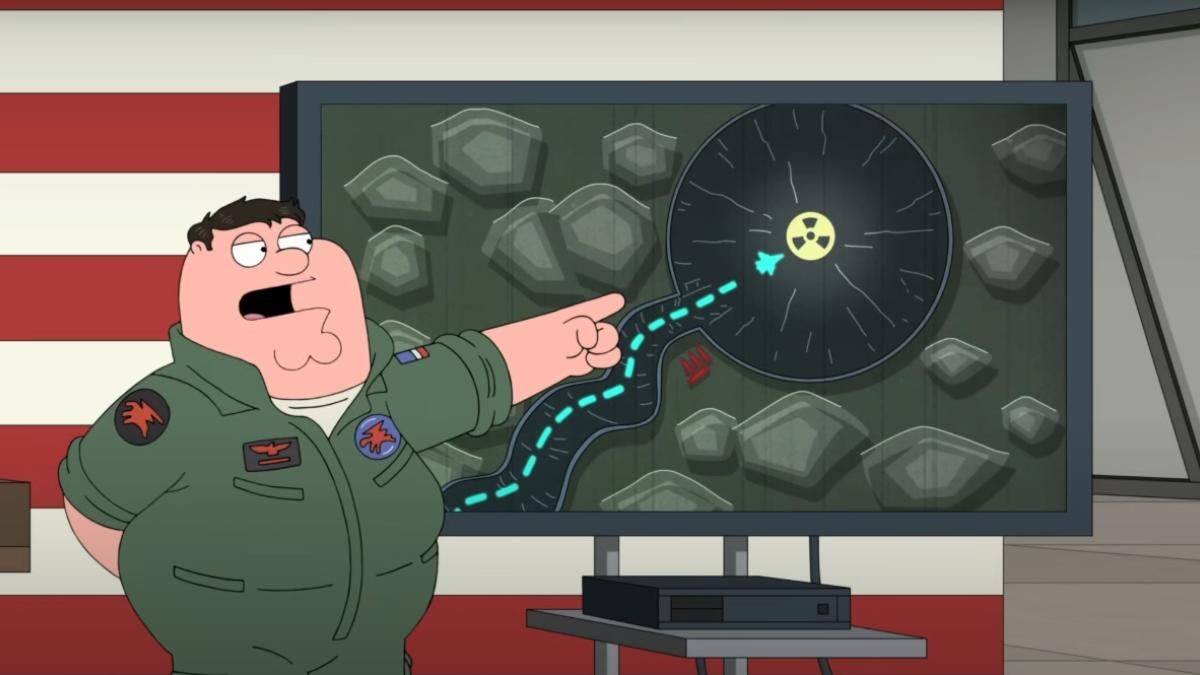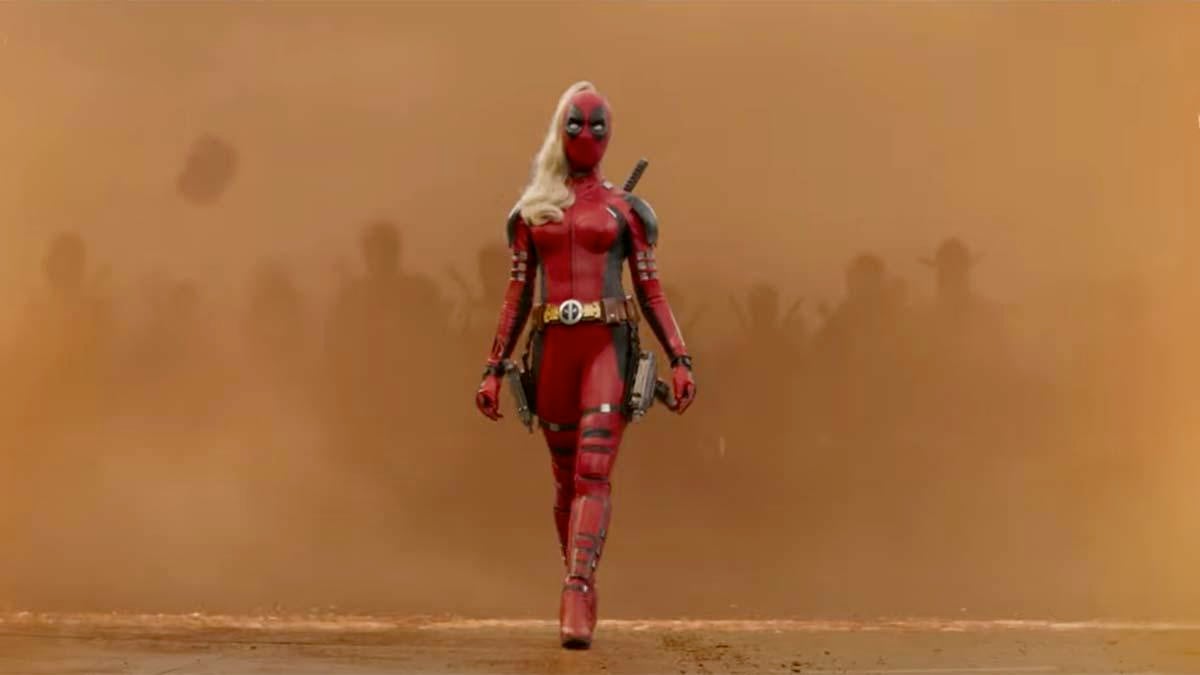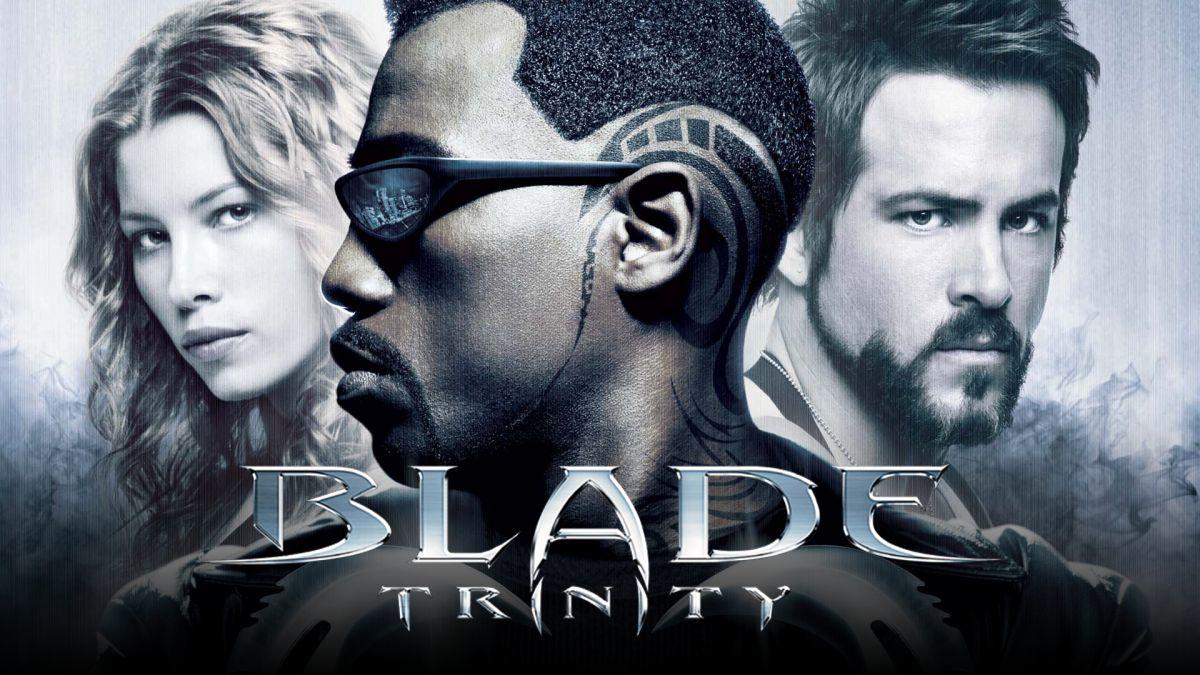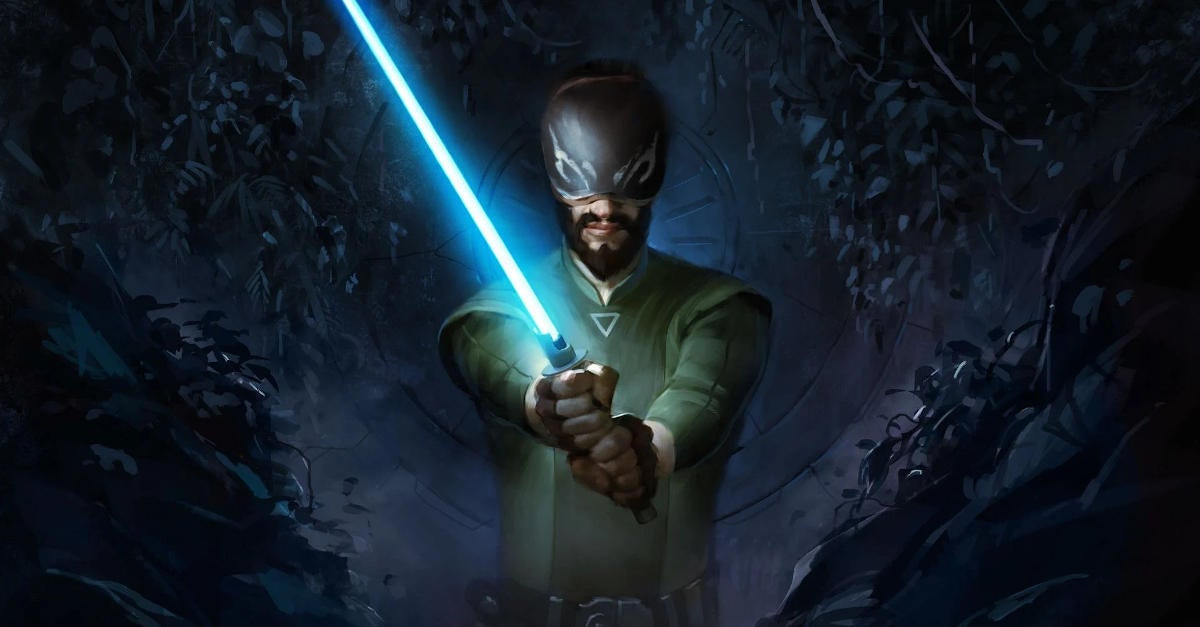Black Mask Wasn't the Real Villain of Harley Quinn: Birds of Prey
In Harley Quinn: Birds of Prey there is no question of who the 'bad guy' is. Roman Sionis, aka [...]
In Harley Quinn: Birds of Prey there is no question of who the "bad guy" is. Roman Sionis, aka Black Mask, is without question the film's Big Bad. Played brilliantly with a chilling balance of flamboyance and disturbing sadism by Ewan McGregor, Sionis along with an equally unsettling Victor Zsasz (played almost uncomfortable precision by Chris Messina) provides a tangible and dangerous enemy for Harley (Margot Robbie) and her improvised girl gang to contend with as they seek to save the young Cassandra Cain (Ella Jay Basco) from a grim fate. However, while Sionis is the villain we see, the character is in many ways a mask for the real villain of Birds of Prey. Sionis, for as bad as he is, is just the face of the real evil of Birds of Prey: a twisted combination of toxic masculinity and misogyny.
Warning: Spoilers for Harley Quinn: Birds of Prey below.
In Birds of Prey, nightclub owner and gangster Sionis is attempting to make a big play to rule Gotham City's criminal underbelly and the key to all of it is the Bertinelli diamond, a legendary gem that just so happens to have the bank account numbers to the Bertinelli crime family fortune engraved on it. When that diamond is stolen literally out of Zsasz's, pocket by Cassandra, getting it back is Sionis' focus and he ends up putting a bounty on the young girl to make it happen -- though he wants her brought in alive, not dead because he's a sadistic man, something established by how he deals with a rival gangster and his family.
It's a pretty straightforward villainous scheme, but when you add in more details it becomes clear that for as bad as Sionis is, he's part of that larger toxicity. For starters, there's how Harley ends up involved. Viewers quickly learn that Harley and the Joker are no longer a couple and that being in that relationship was largely what kept Harley safe. The Joker is a major figure in Gotham's crime world so when it comes out that Harley is no longer his girl and, therefore, not under his protection men with axes to grind come out of the woodwork to go after Harley -- including Sionis.
To put a very fine point on it: Harley was viewed as the Joker's property, something that only had value when it was under his control. Now that the control is gone, Harley has no value as her own person. The idea of Harley being an object or item that can be owned is even highlighted by Sionis himself who declares that pretty much everything belongs to him and, with Joker out of the picture, that includes Harley. Sionis feels entitled to Harley for his own use, which means that he's free to kill her simply because he doesn't like her.
The sense of entitlement to women's bodies and existence by men plays out in other ways as well. There's a scene in which an extremely intoxicated Harley is taken out of the nightclub by a man with obvious ill intent. He has her up against the building's exterior wall and is a bit sexually aggressive with her even though Harley is drunkenly protesting. This man has additional plans for Harley, but it's strongly implied that an assault is likely. Fortunately, Dinah Lance (Jurnee Smollett-Bell) intervenes.
Speaking of Dinah, we can also see that male entitlement play out in her part of the story. Sionis has what seems to be complete control over Dinah, professionally. She's a singer in his nightclub but doesn't appear to be especially happy about it and is even more unhappy when he makes her his new driver and puts her in the position where she has to do tasks for him that she really doesn't want to. While one could argue that Dinah could just quit, it's strongly implied that one doesn't just walk away from Sionis given how he feels like he "owns" everyone around him.
Perhaps the most chilling and most direct portrayal of the toxic masculinity and misogyny Sionis embodies, however, has almost nothing to do with Harley or Dinah or even Cassandra, Renee Montoya (Rosie Perez) or Huntress (played by Mary Elizabeth Winstead, though Sionis does mention at one point that the mysterious "Crossbow Killer" should belong to him). Instead it has to do with a patron of Sionis' nightclub. A young woman is having a good time with her boyfriend and friends and is laughing loudly. Her joy is ill-timed, though, as Sionis is agitated as things are not going his way at all. He wonders if the woman is laughing at him -- a deranged line of thinking that Zsasz encourages. It prompts him to demand that the women stand on the table, dance for him, and even have her clothing cut off of her body in an act that terrorizes her and demeans her, giving Sionis back his perceived power even though this woman's laughter had absolutely nothing to do with him. He was so threatened by a woman having a good time that he had to punish her.
It's a chilling take on the idea of "men are afraid women will laugh at them; women are afraid men will kill them." It's so chilling that even McGregor, who absolutely nails the scene as an actor and has even spoken about the various elements that go into creating Sionis, is unable to watch it himself.
"There are some horrible moments in the film, the scene in the nightclub, the humiliation scene," McGregor said in a recent Entertainment Weekly chat. "It was horrible. I haven't been able to watch it. I didn't like it."
Ultimately, while Sionis is a bad guy, he's one forged from more than just the crimes he commits. While reigning supreme over Gotham's crime world is his goal, it's his deeply troubling treatment of the women around him that is the real villain of the story. Harley, Dinah, Huntress, and Cassandra are all directly fighting against Sionis' entitlement and disregard for them. It's chilling, fascinating, and something that resonates beyond the action-packed caper that ensues. The diamond heist, or anti-heist, is just a part of the story, a shiny cover for the real danger the women of Gotham face.




